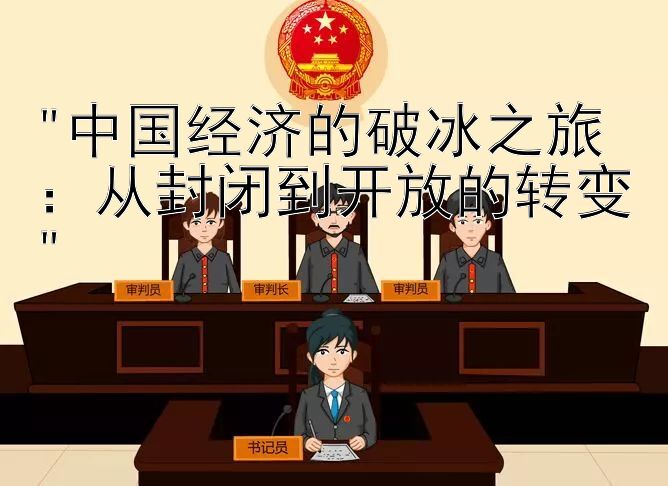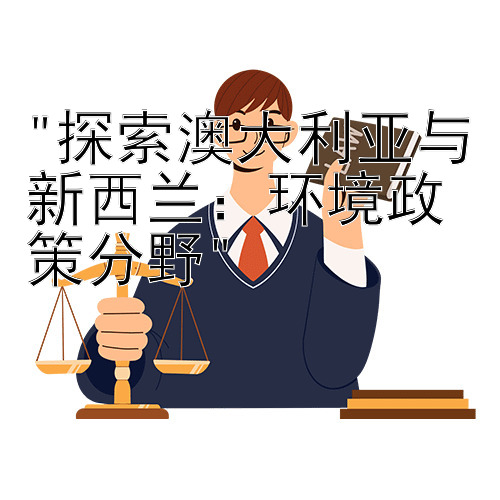掌握证券市场法则:深入解读证券法与合规标准培训
一、引言
随着资本市场的不断发展和国际化进程的加快,证券交易已成为现代经济中不可或缺的一部分。然而,为了确保公平、公开和有效的资本市场运作,必须建立一套完善的法律法规体系来进行监管。在中国,《中华人民共和国证券法》(以下简称《证券法》)是规范证券发行和交易的根本性法律文件,为维护投资者利益、保护社会公共财产、促进社会主义市场经济的发展提供了重要的法律依据。同时,对从业人员进行合规标准培训也是保障金融市场健康运行的关键环节之一。
二、《证券法》的主要内容及特点
(一)主要内容
- 证券发行:规定了股票、公司债券和其他有价证券的公开发行条件、程序以及信息披露要求等;
- 证券交易:明确了证券交易所的设立原则、组织形式和管理制度,规定了证券上市的条件和程序,禁止内幕交易、操纵市场和虚假陈述等违法行为;
- 证券经营机构:对证券公司及其他金融机构进行了严格的规定,包括注册登记、业务范围、风险控制等方面;
- 证券监督管理:确立了中国证监会的地位及其职责权限,强调了对证券市场的监督管理和违法处罚力度;
- 投资者的权益保护:强调了投资者特别是中小投资者的合法权益保护,建立了投资者适当性管理制度,完善了纠纷解决机制。
(二)特点
- 全面覆盖:涵盖了从证券发行到交易的整个过程,以及与之相关的各类主体行为;
- 注重实效:强化了法律责任,提高了违法成本,增强了法律的威慑力;
- 创新导向:鼓励金融科技创新,支持证券市场产品和服务创新,推动行业健康发展;
- 国际接轨:吸收借鉴了国际成熟市场的经验,体现了中国资本市场对外开放的趋势和要求。
三、证券市场合规标准培训的重要性
(一)提升从业人员的专业素养
通过合规标准培训,可以帮助从业人员更好地理解和遵守相关法律法规,提高其职业道德水平和专业技能,从而有效降低操作风险和工作失误的发生率。
(二)增强企业的风险防控能力
企业通过定期开展合规培训,有助于建立健全内部控制制度,及时发现并纠正违法违规行为,防范潜在的法律风险和经济损失。
(三)维护投资者权益和社会稳定
良好的合规文化有助于营造诚信、透明的市场环境,减少欺诈和不公平交易现象,保护广大投资者的合法权益,维护社会经济的和谐稳定。
(四)促进市场健康发展
合规标准的普及将促使市场主体更加重视规则意识,自觉抵制非法活动,共同维护市场秩序,推动金融市场朝着更健康、有序的方向发展。
四、相关案例分析
(一)某上市公司财务造假案
根据 In this case, we will analyze a hypothetical scenario of a financial fraud committed by a publicly listed company in the securities market. This analysis aims to illustrate how the Securities Law and compliance standards can be applied to address such violations and protect investors' interests.
Scenario Description:
A major Chinese pharmaceutical company (Company A) is suspected of fabricating its financial statements for several consecutive years. The fabricated earnings reports have led to an artificially inflated stock price, attracting numerous investors who are unaware of the actual state of affairs within Company A.
Legal Analysis:
Under the Securities Law of China, the fabrication of financial statements constitutes a serious violation that could lead to severe consequences for both the company and its executives involved in the fraudulent activities. Here are some relevant provisions from the law:
-
Information Disclosure Requirements: According to Article XX of the Securities Law, companies must disclose true, accurate, and complete information about their operations and finances. Failure to do so may result in fines or other legal consequences.
-
Accounting Fraud Penalties: Article YY stipulates that those who engage in accounting fraud shall be fined between RMB 500,000 and RMB 5 million; if the circumstances are particularly serious, they may also face being banned from holding certain positions within the securities industry or even being prohibited from engaging in related business activities.
-
Liability for Relevant Persons: Article ZZ states that directors, supervisors, senior management personnel, and other persons directly responsible for a listed company's violations shall be held liable for damages suffered by investors due to false statements made by the company. They may also face civil penalties, administrative sanctions, or even criminal liability depending on the severity of the offense.
Conclusion:
The case highlights the importance of strict adherence to compliance standards and effective regulatory oversight in maintaining fair play within the securities market. It also underscores the need for continuous education and training programs aimed at promoting ethical conduct among all participants in the capital markets. By doing so, we can create a safer environment where investors feel confident that their rights and interests are well-protected under the rule of law.
- 证券市场基石:深入解读资本市场的法律框架
- 掌握证券市场法则:深入解读证券法与合规标准培训
- 掌握证券市场法治脉搏:深入理解《证券法》与监管机制
- 银行业法律框架解析 银行信贷与风险管理的合规标准解析
- 地方政府债法律服务:解析证券法律问题与监管合规要求
- 证券市场法律指南:解读《证券法》与投资规范
- **证券市场法治之道:深入解析证券法与投资法律框架**
- 证券市场法治之道:深入解读投资法律规范与监管体系
- 证券法规与市场秩序:培训内容与资本市场秩序的构建
- 证券法律法规入门培训 ——深入解析证券市场的核心规范与法则
- 《深化证券法律培训,构筑规范市场秩序》
- 深入探讨:证券法培训核心内容解析
- 掌握证券法:法律培训市场的规则与机遇
- 揭露证券市场黑幕:违法行为的法律审判与制裁
- 了解证券法:对投资者权益的全面保障
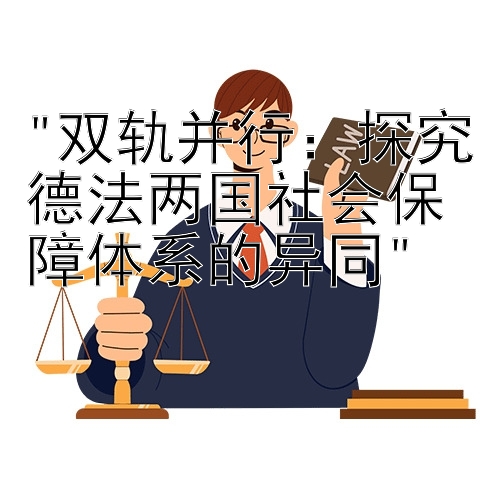 双轨并行:探究德法两国社会保障体系的异同
德国和法国作为欧洲的两个重要国家,其社会保障体系在保障公民基本生活、促进社会稳定与经济发展方面发挥着重要作用。然而,由于历史背景、文化传统和经济结构的不同,两国的社会保障体系在具体实施上存在显著的差异
社会保障体系
德国
法国
双轨并行:探究德法两国社会保障体系的异同
德国和法国作为欧洲的两个重要国家,其社会保障体系在保障公民基本生活、促进社会稳定与经济发展方面发挥着重要作用。然而,由于历史背景、文化传统和经济结构的不同,两国的社会保障体系在具体实施上存在显著的差异
社会保障体系
德国
法国
 德国与日本:制造业升级政策的分野与实践
在探讨德国和日本的制造业升级政策时,我们首先需要认识到这两个国家在全球经济中的重要地位以及它们在制造业领域的卓越成就。德国以其精密机械、汽车工业和高科技产品而闻名世界;而日本则以电子、汽车和机器人技术
制造业
政策升级
德国
日本
德国与日本:制造业升级政策的分野与实践
在探讨德国和日本的制造业升级政策时,我们首先需要认识到这两个国家在全球经济中的重要地位以及它们在制造业领域的卓越成就。德国以其精密机械、汽车工业和高科技产品而闻名世界;而日本则以电子、汽车和机器人技术
制造业
政策升级
德国
日本
 经济政策转变:中国改革开放前后的对比分析
中国的经济政策转变是一个复杂而深刻的历史过程,它不仅涉及到了国家的发展战略和经济体制的改革,还关系到社会结构、文化观念和人民生活水平的变迁。本文旨在通过对改革开放前后中国经济政策的对比分析,探讨这一历
改革开放
经济政策
对比分析
经济政策转变:中国改革开放前后的对比分析
中国的经济政策转变是一个复杂而深刻的历史过程,它不仅涉及到了国家的发展战略和经济体制的改革,还关系到社会结构、文化观念和人民生活水平的变迁。本文旨在通过对改革开放前后中国经济政策的对比分析,探讨这一历
改革开放
经济政策
对比分析
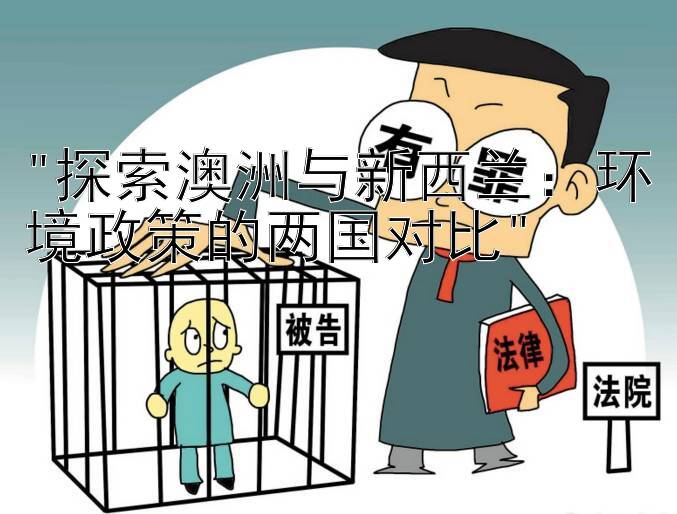 探索澳洲与新西兰:环境政策的两国对比
澳大利亚和新西兰位于大洋洲的西南部,这两个国家因其独特的地理位置和丰富的自然资源而闻名于世。随着全球对环境保护意识的提升,两国在制定环境政策和法规方面也日益重视。本文将探讨澳大利亚和新西兰的环境政策的
澳洲环境政策
新西兰环境政策
两国对比
探索澳洲与新西兰:环境政策的两国对比
澳大利亚和新西兰位于大洋洲的西南部,这两个国家因其独特的地理位置和丰富的自然资源而闻名于世。随着全球对环境保护意识的提升,两国在制定环境政策和法规方面也日益重视。本文将探讨澳大利亚和新西兰的环境政策的
澳洲环境政策
新西兰环境政策
两国对比
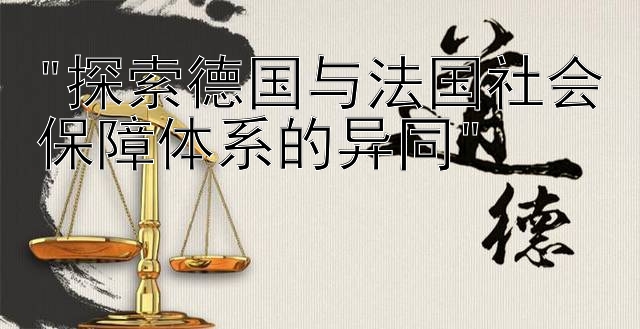 探索德国与法国社会保障体系的异同
在探讨德国和法国的社会保障体系时,我们发现这两个国家都致力于为公民提供广泛的社会福利和安全网,以保护其免受贫困、失业和其他社会风险的影响。然而,由于历史背景、经济结构和文化传统的差异,两国在具体实施和
社会保障体系
德国
法国
探索德国与法国社会保障体系的异同
在探讨德国和法国的社会保障体系时,我们发现这两个国家都致力于为公民提供广泛的社会福利和安全网,以保护其免受贫困、失业和其他社会风险的影响。然而,由于历史背景、经济结构和文化传统的差异,两国在具体实施和
社会保障体系
德国
法国
 德国与日本的产业升级策略:制造业革新的双轨路径
在当今全球化的经济环境中,德国和日本作为两个重要的发达国家,其产业发展模式备受瞩目。这两个国家的制造业在全球市场中具有强大的竞争力,这不仅得益于其深厚的技术积累、高质量的产品和服务,还与其独特的产业升
德国产业升级
日本产业升级
制造业革新双轨路径
德国与日本的产业升级策略:制造业革新的双轨路径
在当今全球化的经济环境中,德国和日本作为两个重要的发达国家,其产业发展模式备受瞩目。这两个国家的制造业在全球市场中具有强大的竞争力,这不仅得益于其深厚的技术积累、高质量的产品和服务,还与其独特的产业升
德国产业升级
日本产业升级
制造业革新双轨路径
